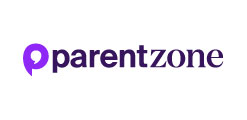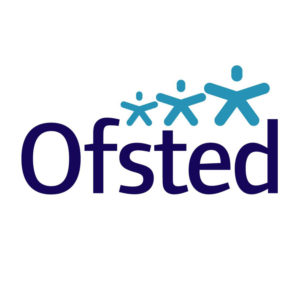Chapter Contents
- Fostering Fee
- Additional Allowances
- DLA/PIP (child disability payments)
- Financial Advice and Accounting Services
- The Exchange
- Refer a Friend Scheme
Fostering Fee
As a foster parent, you will receive a weekly fee. This fee includes payment to you for the fostering task, and an element to cover the costs of caring for the child (e.g. cost of clothing, recreation, travel and household items). You can see details of fees within our Foster Parent Finance Handbook, which is available from your local ISP centre.
Additional Allowances
You may be able to claim additional allowances for specific situations and exceptional circumstances. Your Fostering Advisor will be able to advise on these, and some will require approval by your Registered Manager. Examples include:
- Holiday allowance
- Uniform allowance
- Travelling expenses
- Out of School allowance
- New placement start-up allowance
DLA/PIP (child disability payments)
Applying for benefits
Some children and their carers may be able to receive state benefits in recognition of additional living costs. These benefits include Disability Living Allowance (DLA), Personal Independence Payment (PIP) and Carer’s Allowance. You can find out about carer benefits at the Carers UK website. If a child is eligible for benefits as a result of a disability, we will encourage you to apply for those benefits. Your supervising social worker can provide advice and help about how to do this. Please note that you must not make an application for DLA without first speaking with your supervising social worker and obtaining the permission of the child’s local authority.
DLA & PIP payments
Children with disabilities have additional care and mobility needs, and this can mean additional financial cost for parents and carers. Parents and Carers can apply for Disability Living Allowance (DLA) to help pay for these extras. The amount of the benefit depends on the individual child’s care and mobility needs; you can see the current rates at the Carers UK website. If a child you are looking after receives DLA payments, you might also be eligible for carer’s allowance, but this will depend on your household income.
The child’s DLA payments are regularly reviewed but can continue until they are 16. Just after their 16th birthday, the young person will receive a letter inviting them to apply for Personal Independence Payments (PIP) instead. This money will be paid directly to the young person, if they are eligible. They will not automatically qualify just because they were eligible for DLA and they might have to attend a face-to-face (or telephone) assessment interview. You can find out more about PIP payments and how to apply at the Carers UK website.
Who is accountable for the Disability Living Allowance?
Parents and carers who receive DLA payments on behalf of a child are legally accountable for how they spend the allowance. You should therefore keep a record of how you use the allowance, and share this with your supervising social worker and the child’s social worker. You will need to show that you are using the allowance to meet the child’s additional needs. Some examples of appropriate use of DLA include:
- Physical activities, e.g. swimming, horse riding
- Sensory equipment, e.g. special lighting
- Costs of replacing soiled bedding, mattresses, clothing
- Transportation costs
Read our guidance document about the management of DLA payments:
Financial Advice and Accounting Services
Our foster parents register as self-employed and pay Income Tax and National Insurance contributions in line with tax rules for fostering income. We have a long-standing relationship with William Giles accountants who are experts in the field of foster carer tax arrangements and many of our carers use their services for advice and accounting arrangements.
For more information, please visit www.fosteringtax.co.uk
The Exchange
All of our foster families have access to our Exchange website, where you can get discounts or earn cashback on products and services from major retailers.
Refer a Friend Scheme
There are opportunities to earn financial rewards for referring a friend to become a foster parent or employee within the Polaris community. Details are available within the Foster Parent Finance Handbook.



